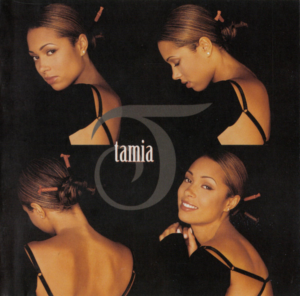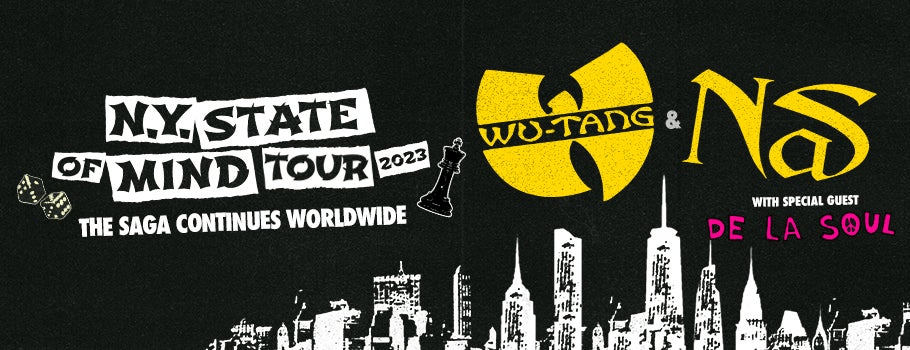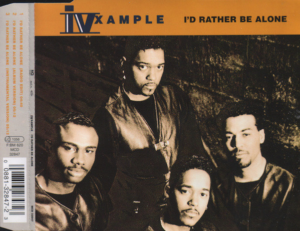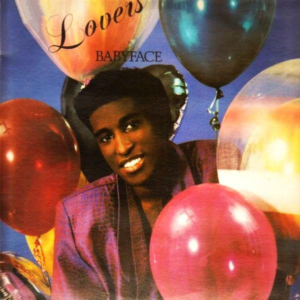The celebration of Hip Hop’s 50th anniversary continued on Tuesday, September 26th, when the NY State of Mind Tour made a stop at Washington DC’s Capital One Arena. De La Soul, Nas, and Wu-Tang Clan are the featured acts on the bill.
Long Island-based group De La Soul opened the show. Earlier this year, the group suffered a significant loss with the passing of founding member Trugoy the Dove. However, his brothers, Posdnous and Maseo, kept his legacy alive during their performance. De La Soul’s set was short but memorable as they performed some of their classic songs, including “Potholes,” “Buddy remix,” and “Rock Cocaine Flow.” Talib Kweli also joined the group on stage and briefly performed his popular track “Get By” to pump up the audience. Surprisingly, the group did not include their hit song “Me Myself and I” in their setlist.
Next up were the Staten Island Hip Hopers, Wu-Tang Clan. I had previously seen Ghostface and Raekwon of the group a few years ago, so I was eager to see the entire unit perform together. The show began with an exciting video honoring Hip Hop’s golden age, followed by RZA striking a superhero-like pose on stage. He then introduced each group member, starting with GZA. Each clan member then performed a track or two from their solo catalog.
During the first set of WU’s performance, they performed “Liquid Swords” by GZA, “Incarcerated Scarfaces” by Ghostface Killah, and ended with “Clan in da Front.” Suddenly, Nas appeared on stage and began performing “Verbal Intercourse” with Ghost and Rae. Nas, who is considered by some as the best rapper alive, quickly captured the audience’s attention.
I haven’t seen Nas live since his opening slot on Usher’s 8701 tour, so I was anxious to see him perform. Since finding kindred chemistry with producer Hit-Boy, Nas has experienced a career resurgence in the last three years with two successful album trilogies in the form of King’s Disease and Magic. For his first set, Nas performed fan faves such as “Hate Me Now,” “One Love,” and “Get Down”.
As Wu returned to the stage for their second set, they kept up the momentum and had their fans rapping along to popular tracks like “Daytona 500” and “Ice Cream.” However, when Method Man came on stage to perform his namesake and “All I Need,” the energy level skyrocketed, particularly among the female members of the audience.
Nas performed some of his commercial hits and guest verses during his second set. The crowd gave positive feedback for his performances of “Hot Boyz,” “Oochie Wally,” “Rare,” and the closing song “If I Ruled the World.” Afterward, the Wu-Tang Clan returned to the stage for more songs, including a tribute to ODB. RZA also delivered a moving and insightful poetry slam. The night ended with all performers on stage together for Nas’s “One Mic.”
Nas & Wu-Tang performed 59 songs for a nearly sold-out crowd, proving hip-hop is timeless.
Final Grade: A-






